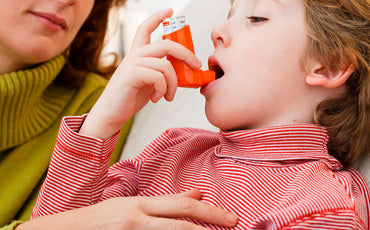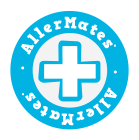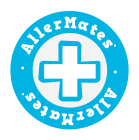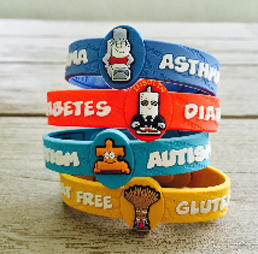
Asthma: Why we need rescue meds AND maintenance meds
If you are only treating your child’s asthma during an attack, their asthma may not be as well controlled as it should be. When your child’s wheezing and chest tightening begins, yes, they need to use their albuterol (or levalbuterol) inhaler (aka rescue medicines). But what you should know is these medications are only going to buy them four hours, acting like a bandage to cover up their symptoms when in fact, the inflammation is still there. This means another attack could come on just as quickly and just as easily.
So how do you get in front of the problem? Maintenance medications.
Maintenance medications have been around for a long time. They come in two forms: pills, like Singulair (aka Montelukast), Zyflo and Accolate; and inhalers, such as Advair, Flovent, Symbicort, Pulmicort and Dulera. For younger patients, who don’t have the coordination necessary to use an inhaler, a nebulizer is prescribed.
Their administrations depend on the patient, but they’re usually taken once to twice daily. And for some kids and adults who just have asthma brought on by certain seasonal allergies (e.g., in spring, when pollen is at its highest), maintenance medications are usually only necessary during these months. Regardless of why, when or how long needed, maintenance medications are critical to treating the underlying cause of asthma – they are the best defense for keeping your child’s asthma attacks at bay.
There are some other things you can do to prevent and fight asthma. Here are four important recommendations:
- Know your child’s triggers and isolate them as best as possible. For example, if asthma is brought on by cold weather, keep children indoors on especially frigid days or bundle them up, keeping their nose and mouth covered, before heading outdoors.
- If you get off your maintenance medication schedule, don’t panic. Simply have your child take their next dose.
- Never use your maintenance medications to treat an attack. Rescue medication (an albuterol or levalbuterol inhaler or nebulizer) should always be used in an emergency.
- If your child is not responding to the rescue medication, he or she should be taken immediately to an emergency room or doctor’s office for assistance.
A last piece of advice is to form a routine. Establish a time daily that your child takes their maintenance medication, and always carry an asthma action plan with steps clearly outlined for caring for him or her in an emergency. Compliance is never as important as the moment when your child is unable to breathe.






